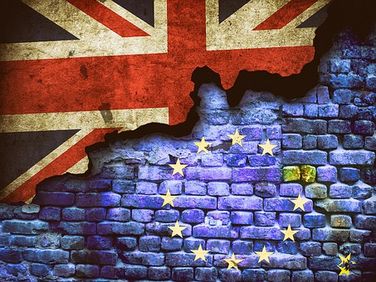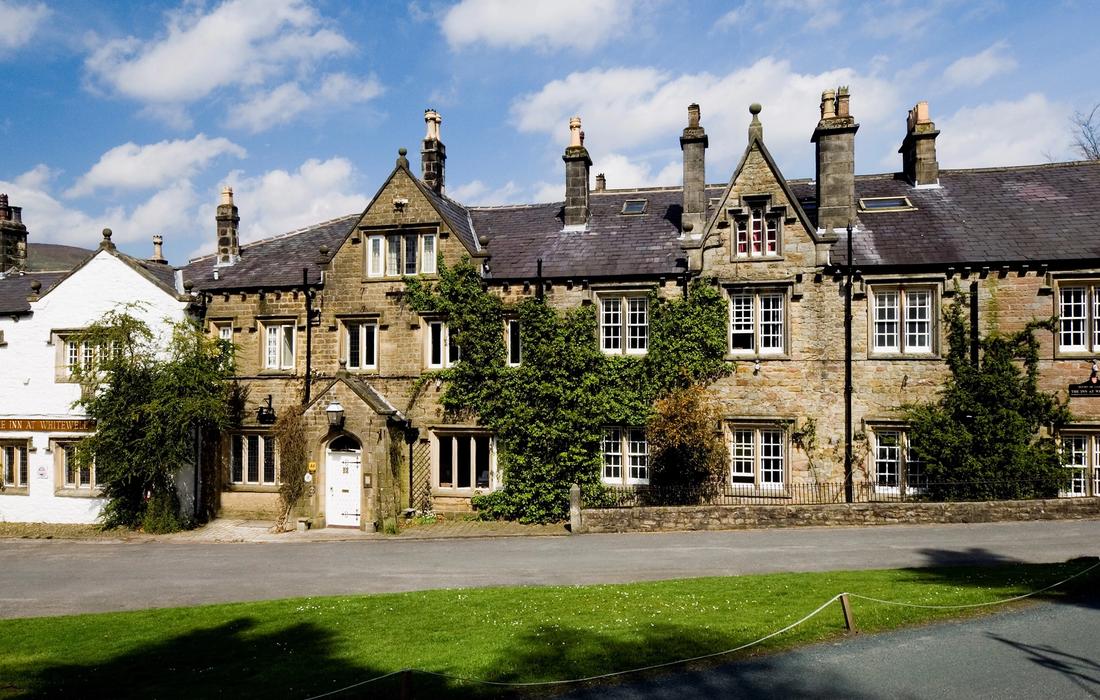The Good Hotel Guide is the leading independent guide to hotels in Great Britain & Ireland, and also covers parts of Continental Europe. The Guide was first published in 1978. It is written for the reader seeking impartial advice on finding a good place to stay. Hotels cannot buy their way into the Guide. The editors and inspectors do not accept free hospitality on their anonymous visits to hotels. All hotels in the Guide receive a free basic listing. A fee is charged for a full web entry.
The Good Hotel Guide
About Us
Independent
Recommended
Trusted
Independent
Recommended
Trusted

Brexit Blues
Editor's viewpoint
3 minutes
9 Dec 2016
Brexit Blues
Editor's viewpoint
3 minutes
9 Dec 2016
Watching Brexit is like watching a slow-motion car crash. Cabinet leaks, hysterical headlines, a plunging currency, ministers briefing against one another all point to an unhappy outcome. The paranoia of Brexiteers that they are about to be betrayed is not without substance. Their more extreme demands can only be met by a government prepared to destroy large parts of the economy. The Remainers fear that the country is heading for economic madness is no less heartfelt. ‘We British are on our way to making the biggest screw-up since Suez and, somewhere deep down, the new governing class know it, wrote Matthew Parris, the Times columnist, adding:. ‘We are heading for national humiliation, nobody’s in charge, and nobody knows what to do.’

I make no apology for returning to Brexit because it has enormous consequences for the hospitality industry. There were predictions that the near 20% fall in the pound against the dollar would lead to a big influx of foreign tourist and a surge in Britons holidaying at home. The British Hospitality Association says that both are a myth. In the first nine months of this year, the number of leisure tourists dropped by almost 400,000 while the number of Britons holidaying abroad rose by nearly 5.5%. This matches a fall in hotel room rates in major UK cities of up to 20% in the third quarter, compared to last year. Higher import costs and stagnant disposable incomes mean that record numbers of hospitality businesses are likely to be forced out of business in the next three years, according to a study by accountancy firm, Moore Stephens. However, it is not all gloom and doom. Some GHG hotels are reporting an increase in American and Chinese visitors. If sterling remains at current levels, Britain’s attraction as a relatively cheap place to holiday can only increase.
The most worrying aspect of Brexit for the industry is the Government’s determination to prevent EU citizens taking up unskilled jobs in this country. The rules are certain to be byzantine; the thresholds are not yet fixed but they are is likely to involve any job earning less than £25,000. This will be damaging. The hospitality industry employs a higher percentage of relatively low-paid immigrant workers than any other industry apart from agriculture. In London only one in three applicants for top chef jobs are native Britons. As for waitresses, porters, chambermaids and all the other ancillary staff that a hotel needs, either wages and prices will rise sharply or standards decline. Probably both. Ministers talk vaguely of exceptions for certain industries, but detail there is none. Industry chiefs are right to be alarmed.
So what is going to happen? All I am sure of is that this saga is far from over. The chances of an economic-cum-political bust up are growing. According to Robert Chote, the chairman of the Office for Budget Responsibility, the economic impact of the UK’s decision to leave the EU will not be known for decades. But one thing is certain. In the short term, we will all be poorer. Prices will rise, incomes stagnate, and investment decline. How many of those who voted Leave on June 23rd understood what they were voting for? The sad fact is that those who can least afford it will be the hardest hit. Adam Raphael


